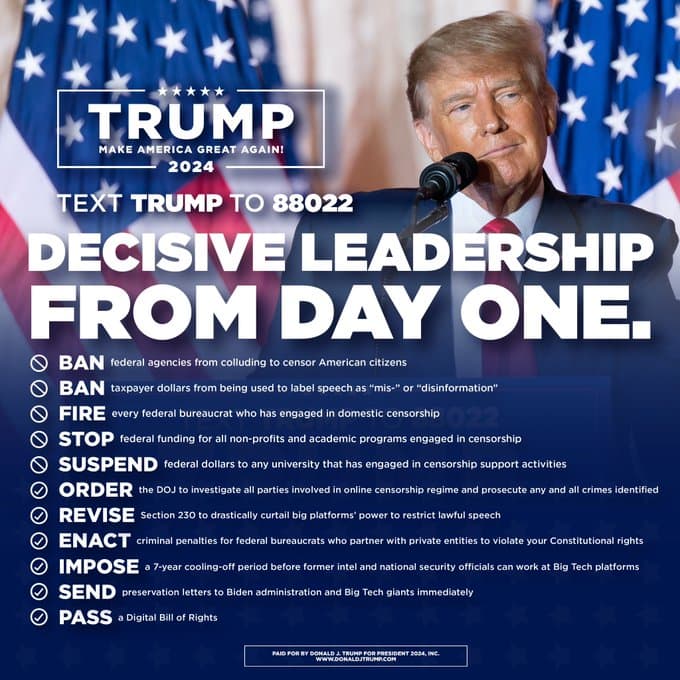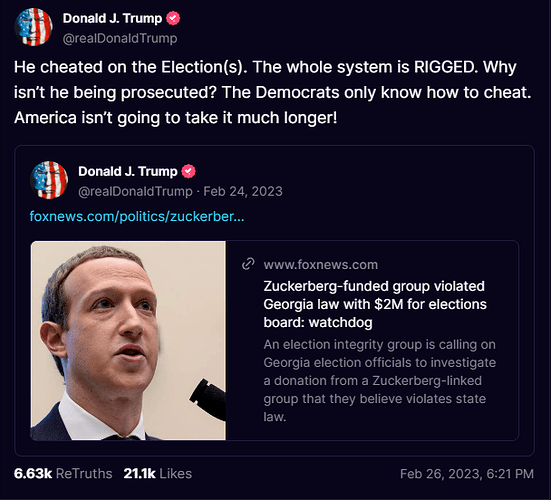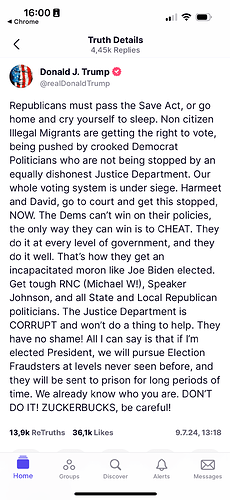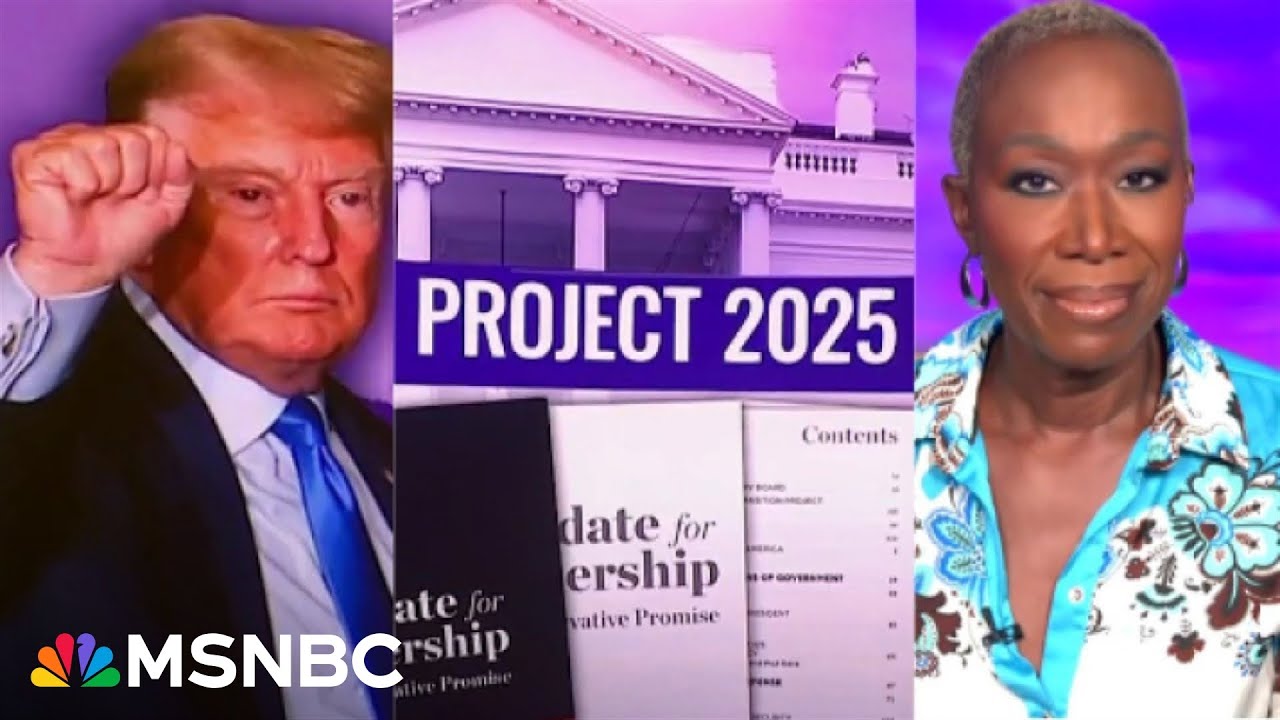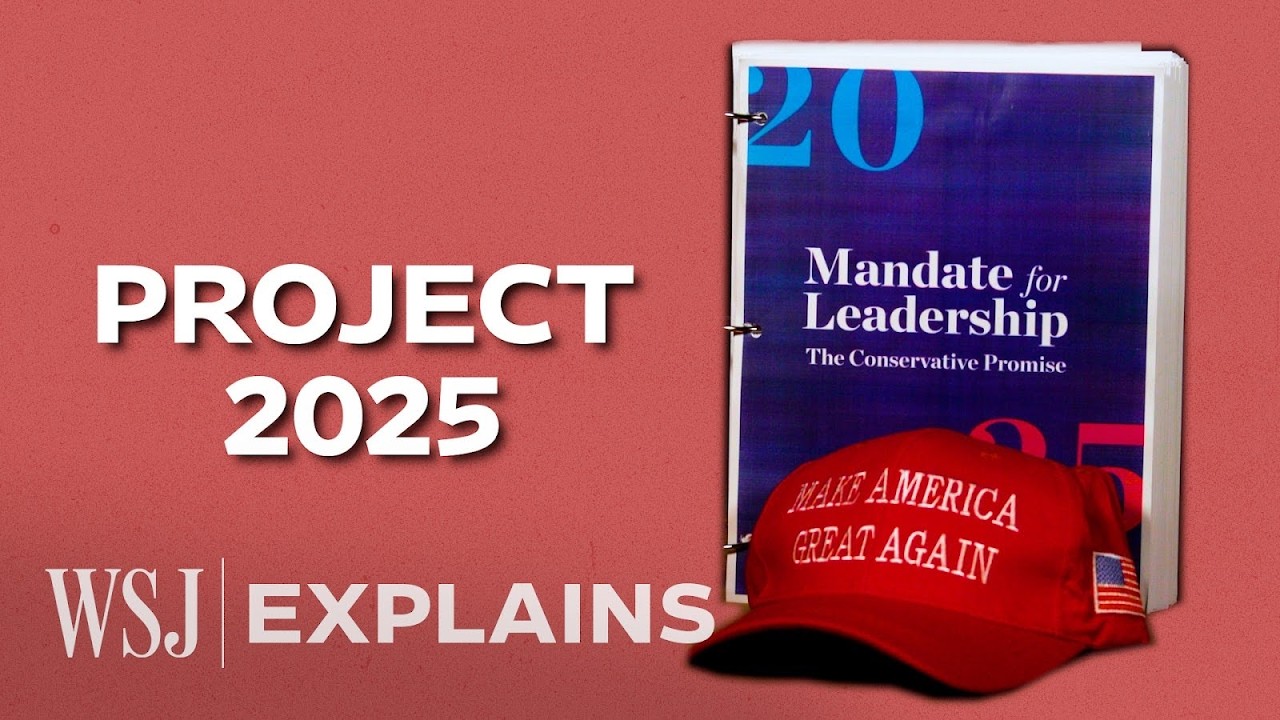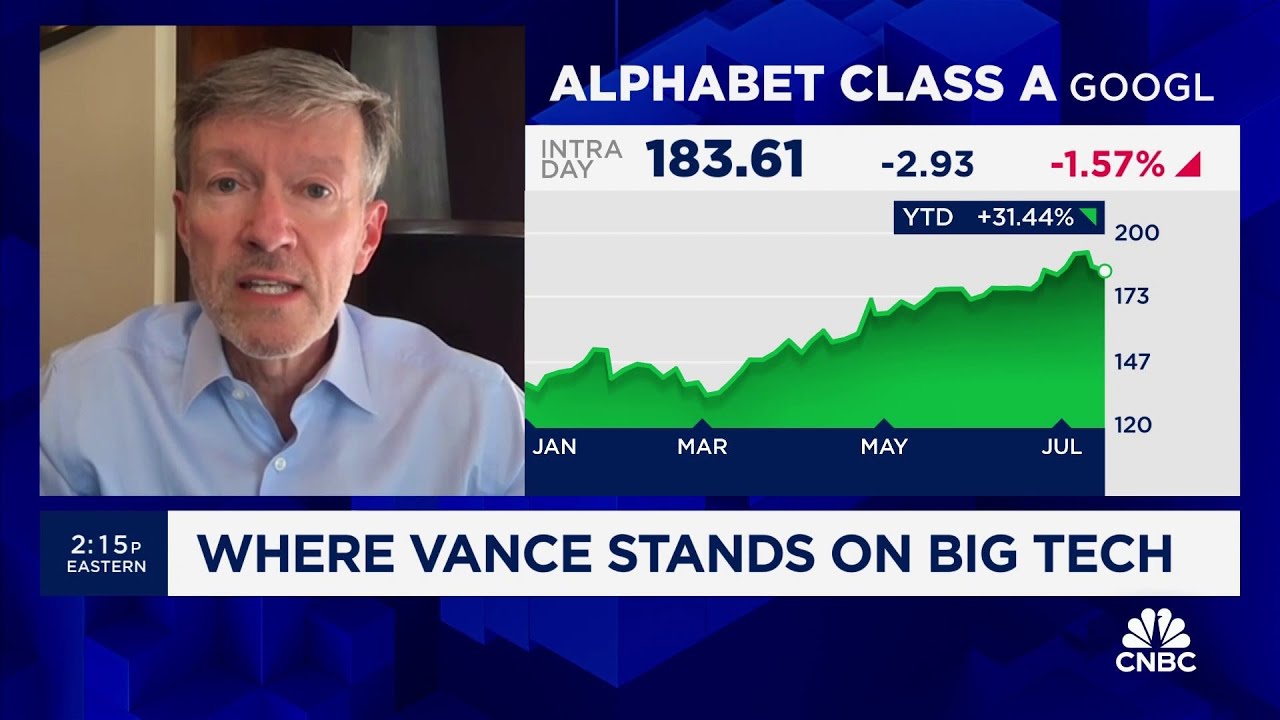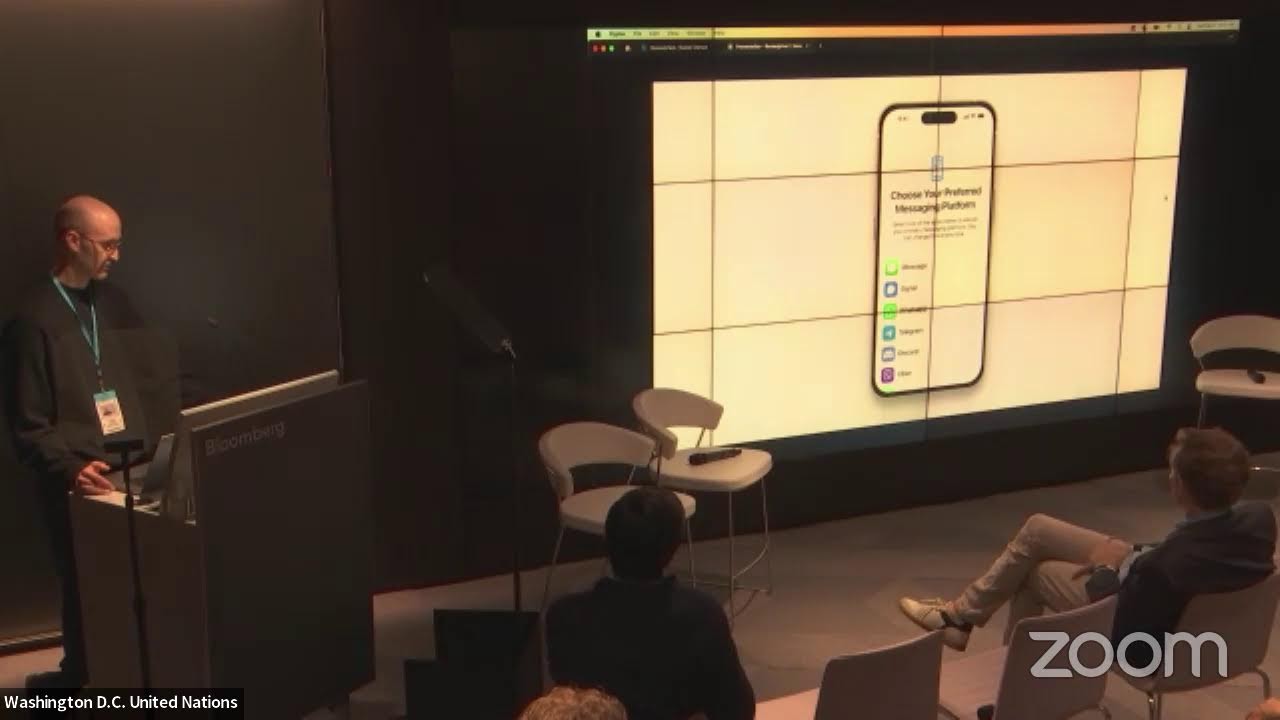I think we need to spend time determining what a Trump presidency will mean for Meta.
Background:
As we know, Meta, like all other major social platforms, imposed a suspension of Trumps account on January 7, 2021 after the march on the capital.
This suspension was lifted on January 25, 2023 while keeping some “guardrails” in place like additional scrutiny measures to limit the reach of some posts that defy standards, or higher risk of suspension.
Those guardrails have been lifted two days ago in order to ensure equal voice and opportunity for both presidential candidates ahead of the 2024 election.
As a response to losing his audience and “reach” Trump built truth social an alternative social network that struggled to gain significant traction.
There is also the long standing critiquism that social media platforms are biased against conservative voices.
While speaking at the libertarian national convention in May 2024, Trump said, “I am proud that I have put forward a detailed plan to smash the censorship and industrial complex and restore free speech. On day one, I will sign an executive order banning federal agencies from colluding to censor the lawful speech of Americans.”
I assume that this “industrial complex” is in large part a platform like Meta platforms.
Trump also called Meta recently “enemy of the people”.
And threatened to send “election fraudsters” like Zuckerberg to prison on July, 10 2024 shortly before Meta restrictions have been lifted.
My current take remains that Trump likely does not want to engage in major fights with Meta but only prevent them from having leverage over him and limiting his reach.
That said deeper research is required to make sure that there is no more substantial risk coming from that front.
(Without research, I would not know how large risks are, but I would like to determine if there are scenarios in which Trump could threaten Meta to force them to comply or even impose presidential orders on them or if if there are any other risks like criminal prosecution)
